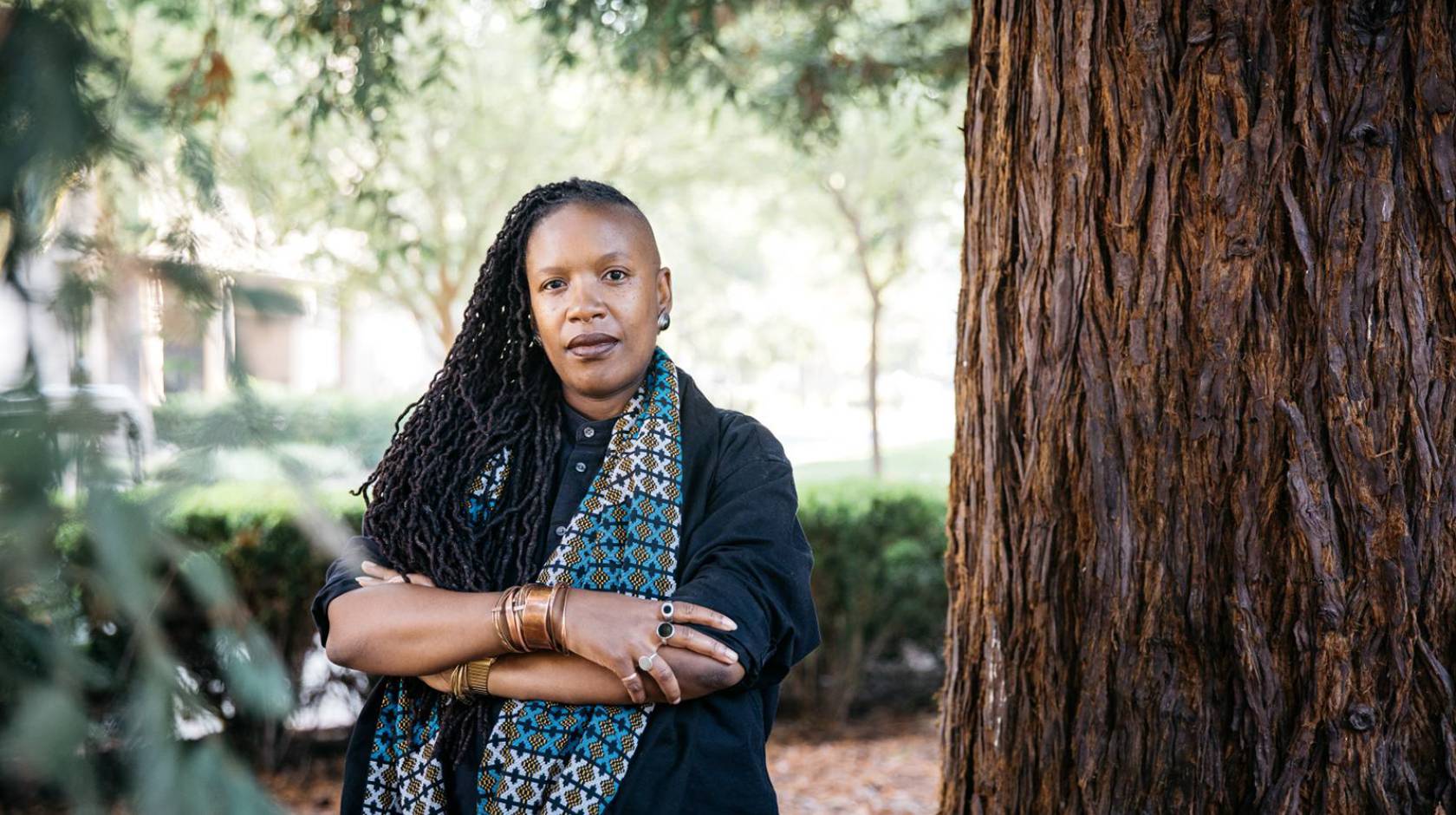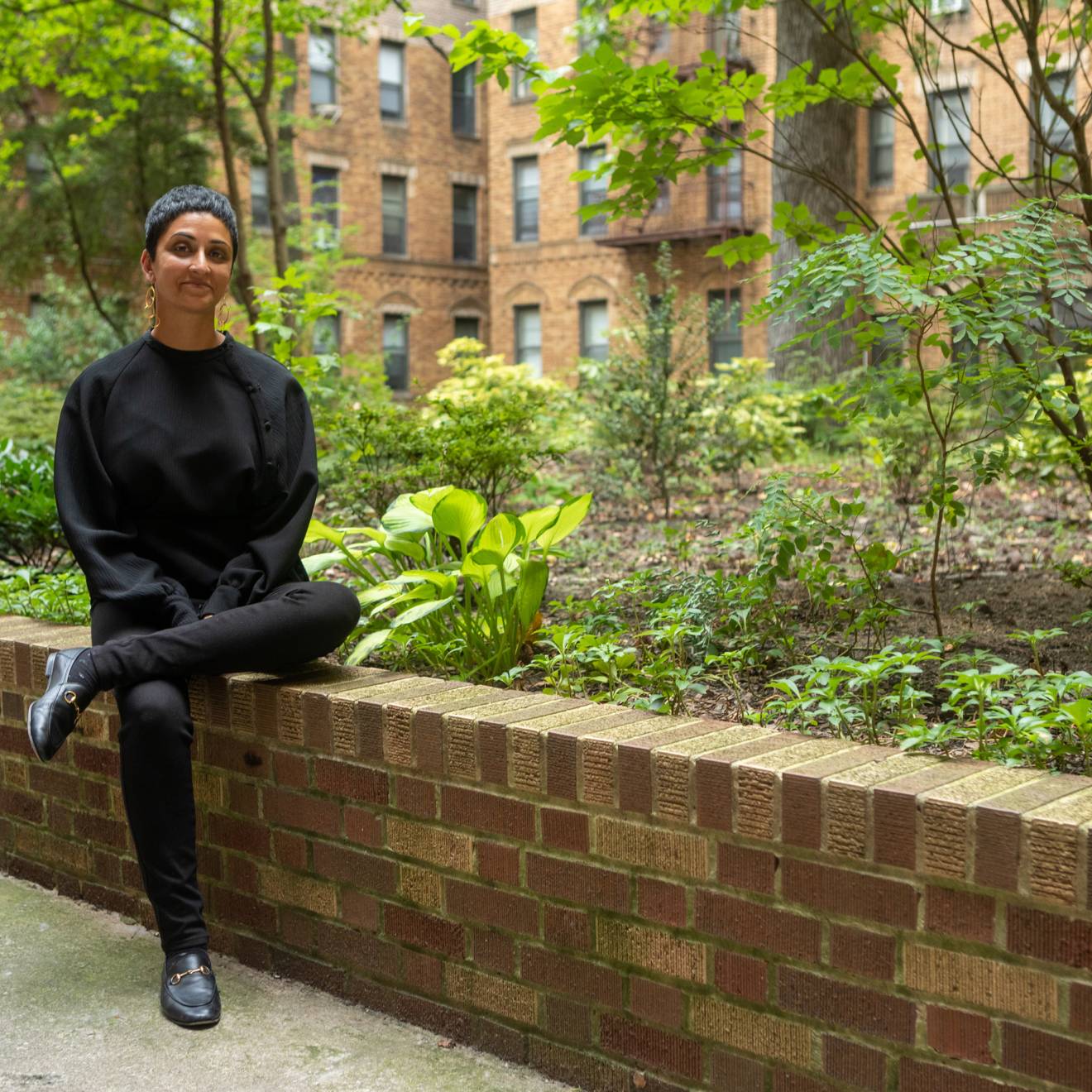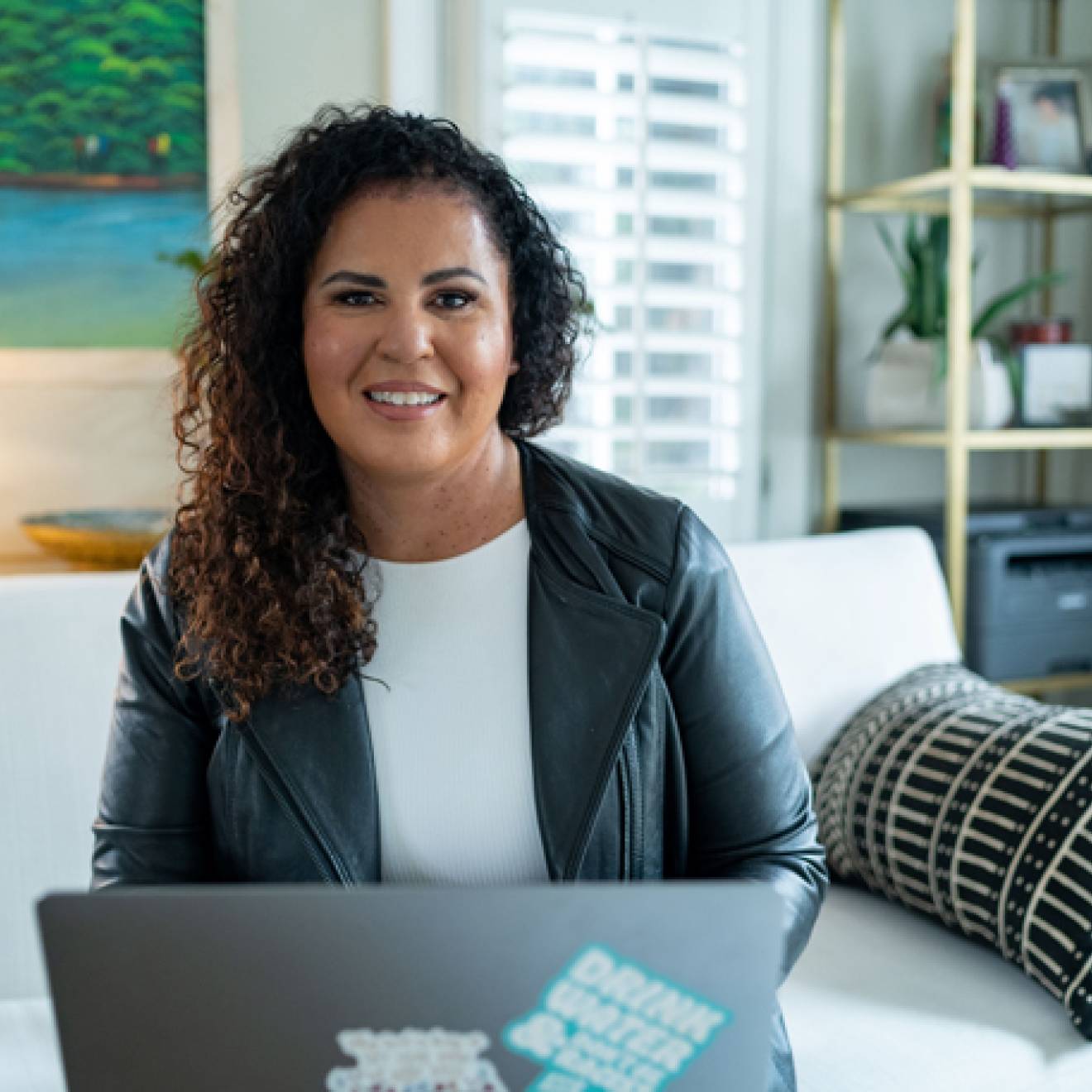Julia Busiek, UC Newsroom

Three University of California faculty and two alums are among the 20 winners of this year’s MacArthur Fellowship awards, commonly known as the “genius grants.” The awards recognize people who bring outstanding originality, dedication and drive to their fields.
UC alums and faculty are a perennial presence on the esteemed annual roster, and their areas of expertise run the gamut. This year’s class of UC-affiliated MacArthur fellows includes an international legal scholar, a reproductive health researcher, a climatologist, an environmental engineer and a computer scientist. What they share is a commitment to tackling consequential issues that are shaping the future of our state, our nation and our world.
As fellows, they will receive no-strings-attached grants of $800,000, which the MacArthur Foundation describes as an “investment in a person's originality, insight, and potential."
Read on to learn more about what our 2023 MacArthur fellows have accomplished so far, and watch this space in the years to come to find out where their creativity and ambition take them next.
E. Tendayi Achiume, Alice Miñana Professor of Law at UCLA
“What you see today is international law defending countries being able to shut down borders, including and especially the very countries that sent colonial settlers to the rest of the world, in a way that prohibits who can move, and does so in fundamentally racialized ways.”
UCLA professor E. Tendayi Achiume is reframing foundational concepts of international law at the intersection of racial justice and global migration. During the 19th and 20th centuries, Achiume argues, millions of Europeans migrated to other continents, where for generations they exploited people and resources and funneled capital back to their home societies. But today, people in formerly colonized nations run up against international law when they attempt to seek safety and economic opportunity in colonizer nations. Achiume has critically interrogated this paradigm, arguing In her influential 2019 article Migration as Decolonization that people from formerly colonized territories should have the right to migrate to colonizer nations to address disadvantages that persist as a legacy of colonialism.
Achiume has taught law at UCLA since 2014. From 2017-2022 she also served as United Nations Special Rapporteur on contemporary forms of racism, racial discrimination, xenophobia and related intolerance.
Diana Greene Foster, UC Berkeley alum and professor of obstetrics, gynecology and reproductive sciences at UC San Francisco
“Reproductive health is seen as a political topic, but it needs to be seen as a basic fundamental right.”
Diana Greene Foster uncovered vital insights about access to reproductive care with the Turnaway Study, which investigated the effects of abortion on pregnant peoples’ lives. Many abortion studies have compared people who received abortions with those who gave birth, regardless of their intentions. Foster’s study compared people who were and were not able to receive an abortion that they wanted. She and her collaborators found that participants who received a wanted abortion experienced less chronic pain, reported better overall health, were less likely to live below the poverty line and be unemployed, and were likelier to set aspirational plans for their future than those who sought but were denied an abortion. Foster’s findings give clinicians and policymakers rigorous evidence about how providing or denying reproductive healthcare affects people’s lives.
Lester Mackey, UC Berkeley Ph.D. and computer scientist and statistician
“In my field, in my community, in this country, I see so much innovation, so much promise, so much wealth, and yet, every day I pass a neighbor with no home to return to; every week someone asks me if I can spare some change for the next meal; and every month I get another report of a record-setting heatwave or unexpected wildfire. This is our world. If we don't take care of it, who will?”
Lester Mackey is a computer scientist and statistician who’s using big data to address some of society’s most intractable problems. “Machine learning can be used, really, for anything,” said Mackey, who earned a Ph.D. from UC Berkeley in 2012 and now works as a principal researcher at Microsoft. “But if we can focus our efforts on the problems that matter to us, at the same time that you’re pushing forward your field, developing new techniques, you’re also pushing forward humanity, society, the world.” Mackey’s research applications have roamed far and wide: he devised more accurate predictions of disease progression in patients with ALS, honed medium-range weather forecasts to help prepare for droughts, fires and floods, and improved oncologists’ understanding of which cancer immunotherapies to try with their patients.
Linsey Marr, UC Berkeley Ph.D. and environmental engineer
“I hope we can look back on this period as the era of peak air pollution. As we move away from fossil fuels and begin designing buildings to have good air quality, we will shift toward cleaner outdoor and indoor air.”
A professor of environmental engineering at Virginia Tech, Linsey Marr works at the intersection of atmospheric science, public health and infectious disease, studying airborne diseases and devising ways to stop their spread. She was among the first to argue that COVID-19 spread widely through tinier, aerosolized particles in addition to larger droplets, evidence that prompted a paradigm shift in global understanding of COVID-19 transmission. Her research also informed public health guidance like masking and improved ventilation and filtration in indoor spaces.
As human-wildlife interactions, climate change and migration accelerate the emergence of new pathogens, Marr’s innovative research and savvy communication will continue to shape policies and conversations around air quality around the world.
A. Park Williams, UC Irvine B.S., UC Santa Barbara Ph.D., professor of geography at UCLA
“We are conducting a monumental experiment with the Earth’s climate … How will water and life continue to be affected by our climate experiment? How can we minimize the negative impacts on ecosystems and society?”
Hydroclimatologist A. Park Williams’s research is providing new insight into how climate change influences drought, wildfires and tree mortality. Williams estimates that human-caused climate change has doubled the amount of forest lost to wildfire in the western United States in 1985 to 2015, compared to what would have burned without human influences. He’s taken clues from tree rings to develop models that predict how the character of our forests will respond to hotter temperatures and more severe droughts. And he made headlines last year with an article in Nature Climate Change concluding that the past two decades have been the driest period in southwestern North America for the last 1,200 years — and that human-caused climate change pushed what naturally would have been a moderate drought into a megadrought.
These days Williams is working on factoring plant flammability and atmospheric and soil aridity into wildfire forecasting. Regardless of his area of focus, Williams is bringing vital new insights to the study of our changing climate that help communities manage their natural resources and prepare for increasingly extreme weather.

